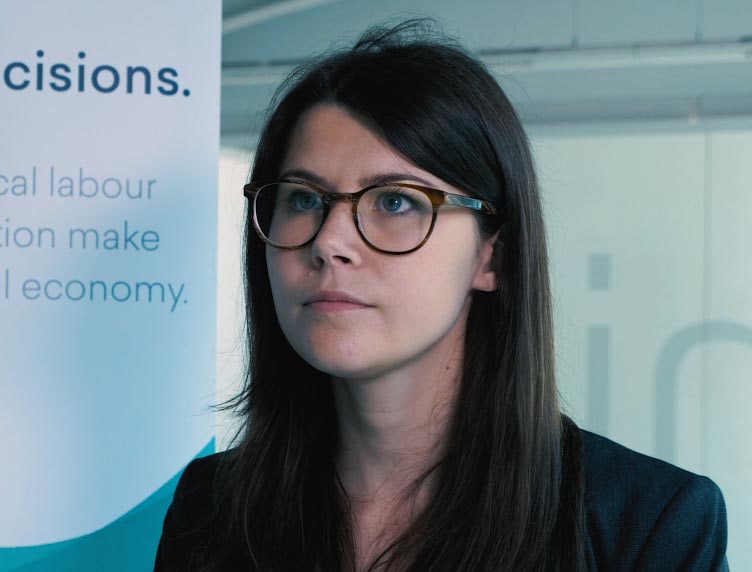The Importance of Lifelong Learning to Make Sure People and Places are Robot Ready #FutureofWork

Lifelong learning is really important in the sense that we have a changing labour market and the future of work means that a lot of the jobs exist today might not exist in 2030.
That means if we want to make sure people and places are Robot ready we need to up skill and retain.
Given that a lot of people have already left compulsory education that means we need to focus on lifelong learning and ensuring that people can transition from jobs that are likely to disappear to jobs are likely to grow in the future.
What can we learn from international bodies, such as Denmark and Singapore?
While we know that the UK is not doing much in terms of adult education at the moment, we know that other countries are leading the way. One is Denmark, for example, for the last 30-40 years.
They had lifelong learning at the core of everything they’re doing, dedicating compulsory hours for everyone to upscale and retrain every year.
At the same time we also know that Singapore is the front runner of lifelong learning and adult education. Everyone in the country has a set number of points, vouchers, that they can use in terms of adult education, based on the qualifications they have, and their work, and the occupations they’re in.
The importance of “Human Skills” in the cities of the future
The Centre for Cities estimates that 112,000 jobs could be lost to robots by 2030. The Welsh Government says it is investing heavily in skills development. What do you think about the potential of robots working? #MadeTVNews pic.twitter.com/qlwvwNBj5R
— Cardiff TV (@CardiffLocalTV) January 29, 2018
Last year, as part of our work, “Can cities outsmart the robots?” report we found that demand for skills is changing in cities, and that interpersonal and analytical skills are becoming more important, while physical manual skills are becoming less important.
That’s why the nature of jobs is changing. Some of the jobs no longer exist, and some new ones are coming up in the labour market.
The nature of existing jobs has shifted, so before they were more heavily involved in manual and physical skills and tasks, nowadays working with people, and being able to oversee the machines, is way more important.
Elena Magrini, Researcher, Centre for Cities











Responses